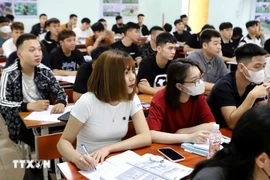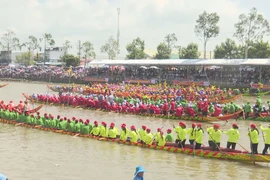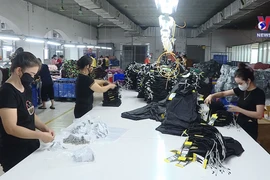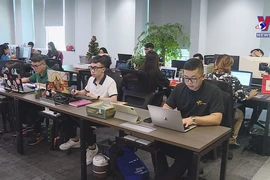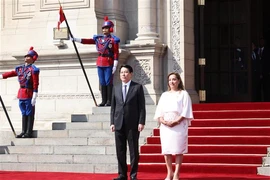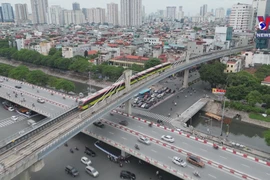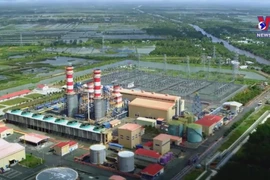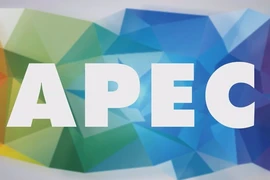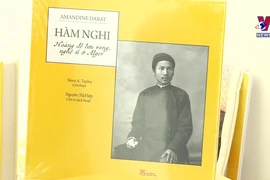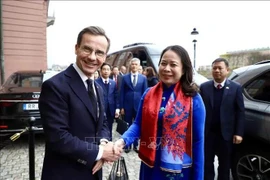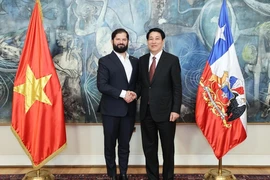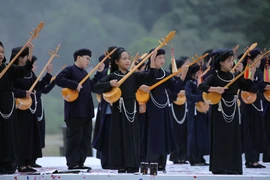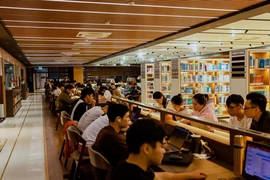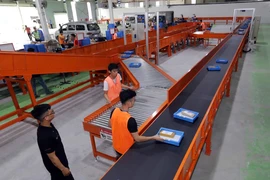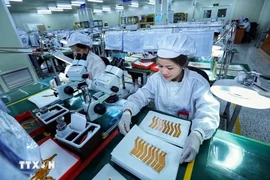As a resource-rich sea area and important maritime route connecting the Indian Ocean and the Pacific Ocean, the East Sea plays a crucial role for many countries both inside and outside of the region. It is also a place where strategic competition between major countries is high and with potential risks, security instability, and non-traditional security challenges such as climate change, environmental pollution, and criminal activities.
The current situation requires that countries in the East Sea region attach importance to international maritime cooperation, in order to maximise the potential brought about by the sea as well as to resolve and handle the challenges in order to create a peaceful and stable environment in the waterway, serving national construction and development. Like most other coastal countries, Vietnam has increasingly emphasised international maritime cooperation, and has taken the initiative in expanding foreign relations as well as international and regional integration.
As a responsible coastal nation, the resolution to ratify the Law on the Sea from the National Assembly in 1994 affirms the country’s determination to encourage maritime cooperation. Vietnam has advocated the use of regulations on international law, especially the 1982 United Nations Convention on the Law of the Sea, to settle disputes in the East Sea.
Regarding the handling and settling of disputes, on the basis of international law, Vietnam successfully resolved problems on the delimitation of the sea in the Gulf of Thailand with Thailand in 1997 and in the Gulf of Tonkin with China in 2000, and the delimitation of the continental shelf with Indonesia in 2003. It is actively negotiating the delimitation of overlapping waters with countries such as China in the area outside of the mouth of the Gulf of Tonkin, and with Indonesia in the area overlapping the exclusive economic zone between the two countries in the East Sea.
In specialised maritime fields, Vietnam has established an extensive international cooperation network with countries with strong economic, scientific, and technological potential in the sea, such as Russia, Japan, the US, and China, as well as regional and international organisations.
Over the years, Vietnam has always actively developed relations with other countries in the world, thereby constantly expanding and enhancing international marine cooperation.
Vietnam has also established a maritime dialogue mechanism with countries such as the US, Australia, and India, among others, to promote awareness among related parties of maritime issues, creating a strong foundation for international maritime cooperation.
It can be said that Vietnam’s achievements in international maritime cooperation are both a concrete expression of the Party and State’s foreign policy and the result of implementing this correct policy.
International marine cooperation has made an important contribution to strengthening political trust, relations, and cooperation between Vietnam and other countries, to gradually settle disputes at sea and create a peaceful and stable environment for development while helping to mobilise the necessary resources and knowledge to serve the country’s industrialisation and modernisation./.
